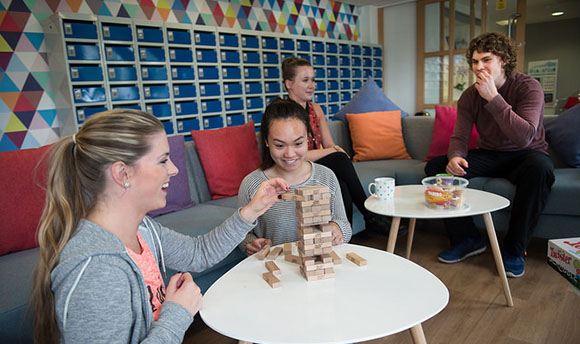The question that makes up the title of this blog was posed to me by my PhD supervisor and colleague Dr Anthony Schrag when I first started my doctoral research project. I probably answered with something along the lines of “An interview is just asking someone questions while a documentary is an edited, recorded, disseminable work resulting from that.” However, the question I was actually being asked was not how these strategies differ in form, but rather how they differ in the knowledge they create. This is an important element to consider when researching in a non-traditional and creative way. I am one of many researchers involved in the Creative Practice Research Group at QMU, and a frequent topic of discussion within our group (and in broader academic landscapes) is the intersection of creative practice and research
My original doctoral research outline aimed to develop nuanced and “positive” portrayals of male characters on screen through the process of making a variety of films. When I proposed that the first of these films would be a documentary where I interview men about their thoughts on masculinity and fitting in, my supervisory team rightly challenged me on how this activity would be distinct from simply recording an interview and analysing the data. I realised that, at least for my purposes, it would be largely the same, so I scrapped the idea and moved ahead with fictional, narrative filmmaking activities instead.
While my research has since evolved to focus on the actor/director relationship within the context of homosociality, I am sometimes challenged by students, colleagues, and especially myself to articulate the difference between filmmaking as an act of creating art (or entertainment) and filmmaking for the purposes of research. The most common question I contend with is “How can making films count as research?” Scottish film producer Iain Smith was even given an honorary doctorate by QMU in 2017 for his contributions to the film industry; does that make Mad Max: Fury Road a research project? Probably not, but that hasn’t stopped the work from being analysed post-release in a variety of journal articles and even PhD theses.
If research can be considered an investigation which reveals new knowledge, at what point does a film start creating knowledge? When do the worlds of art and research intersect? Focusing on the act of filmmaking rather than the outcome has been a useful place to start when considering my own research project. While there are many compelling works that examine the place of masculinity and homosocial longing within cinema through the process of textual analysis, I have found that the act of making a film in this area has revealed different and novel interventions than those I would discover by simply analysing existent work.
This struggle around defining “what is research” is common in academia (and beyond). Making an argument for this kind of research is something that creative practice researchers must still struggle with, despite the plentiful work continuing to be done in this area and increased institutional recognition. Conflict between my filmmaker and researcher identities does still occur, but I feel more confident than ever about the viability of creative practice as a means to undertake research.
When waking up in the morning (or planning a film project), it is okay to decide whether to wear the filmmaking hat or the academic research chapeau - sometimes I can even fit both on my head! It all comes down to the goal of my artistic pursuits and whether or not I am undertaking filmmaking as a means of artistic creation, knowledge generation, or both. If in doubt, I tend to refer to Adam Savage’s infamous axiom: “Remember kids, the only difference between screwing around and science is writing it down.”







